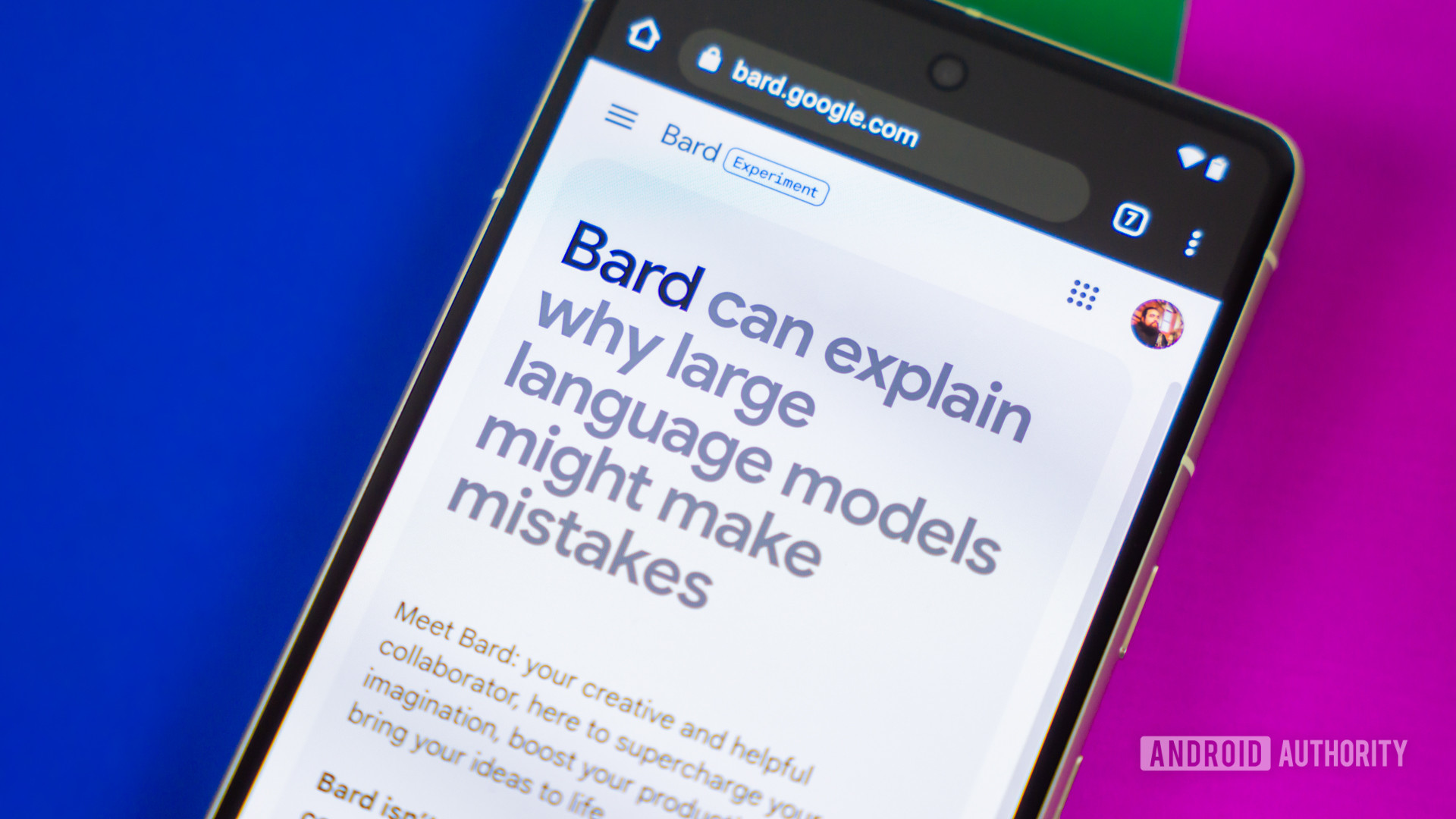
Edgar Cervantes / Android Authority
TL;DR
- Google Bard is now available in most of the world.
- Bard now supports over 40 languages.
- Bard is getting a handful of new features to help provide more customized responses and boost productivity.
When Google Bard launched earlier this year, it was limited to a small number of markets. However, it eventually expanded to 180 regions, with more expected to come in the near future. That future has arrived as Google is further opening up availability to its AI chatbot. And it looks like it will be getting some new features as well.
The Mountain View-based firm has announced that Bard is now accessible in more countries, including Brazil and across Europe. The company initially skipped the EU during its last expansion, seemingly due to regulatory concerns. Canada also missed out on the last expansion for the same reason, and it appears to still be out of the loop. Google has also updated Bard to support over 40 languages, adding Arabic, Chinese, German, Hindi, Spanish, and more.
Along with the latest expansion, Google is releasing a handful of new features to help provide more customized responses and boost productivity. One of the customized response features gives Bard the ability to read its responses out loud for you to hear. The other customization feature allows you to adjust the tone and style of Bard’s responses (e.g. simple, long, short, professional, or casual).
For productivity, Bard is getting four new features that include:
- Pinning and renaming conversations: Users will be able to save and revisit old prompts by selecting the option to pin.
- Exporting code to more places: Users will now be able to export Python code to Replit.
- Sharing responses with friends: Bard will now create shareable links you can send to others to show off a chat you had with Bard.
- Using images in your prompts: Bard now has the help of Google Lens to analyze images. Users can search for more information about the image or ask for captions.
The tech giant says more regions and languages will come down the line. However, it’s unknown when the next expansion will be. The company states that it’s working with policymakers and privacy regulators, so it could take some time.

